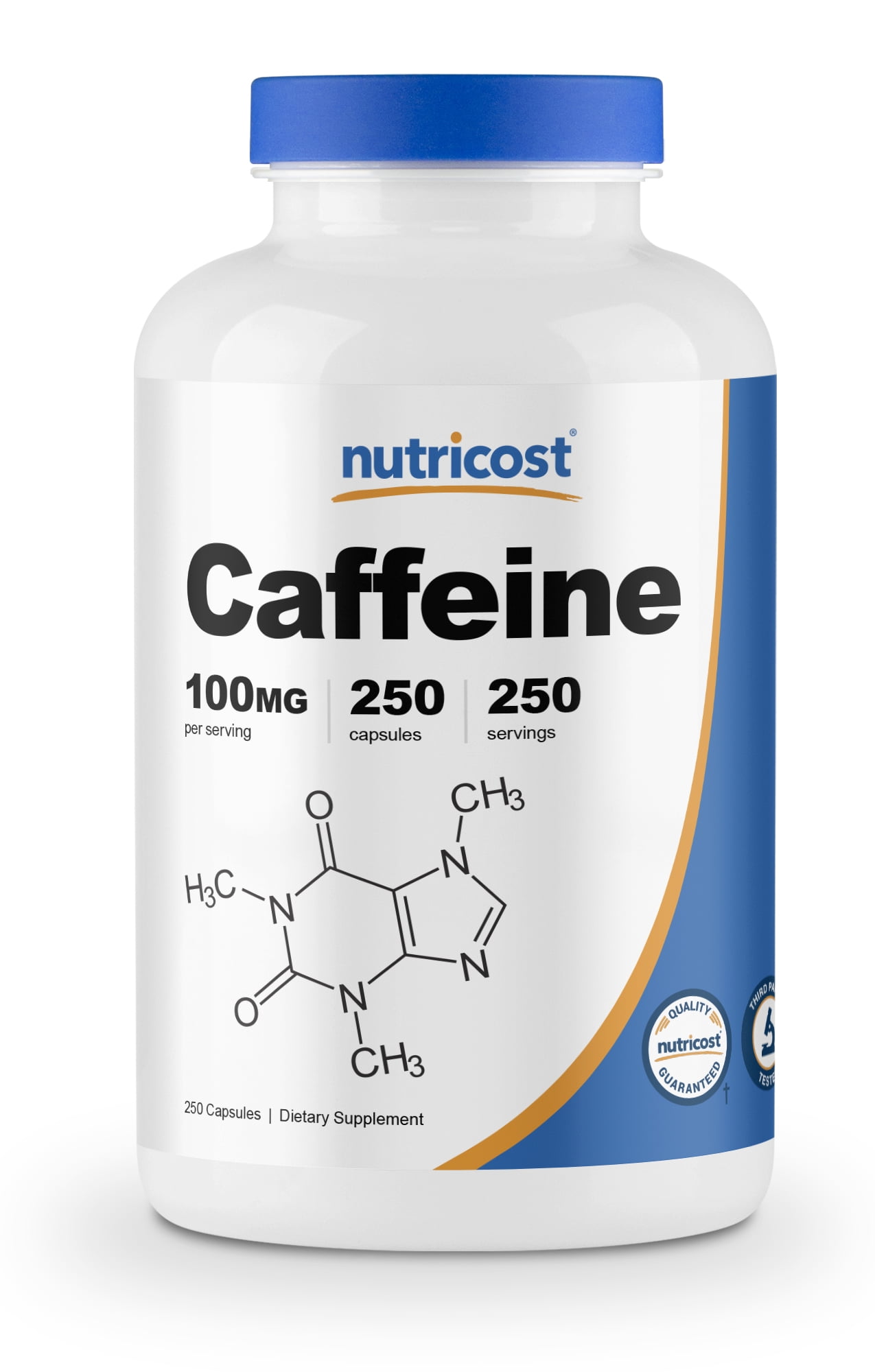

Doing so can help you feel better and stay healthier in the long run. If you find yourself feeling jittery, having difficulty focusing, or experiencing any of the other side-effects of too much caffeine, consider cutting back your intake of Mountain Dew Zero. When it comes to caffeine, moderation is key. It’s important to keep track of how much you’re consuming, and be sure to not exceed the recommended daily amount of caffeine. See also Does Mountain Dew Zero Sugar Have Caffeine? A Comprehensive Look at the Popular Soft Drink If you are sensitive to caffeine, drinking too much Mountain Dew Zero could make you feel anxious and overwhelmed. Caffeine is a stimulant, so drinking too much of it can lead to jitteriness, headaches, and insomnia. Mountain Dew Zero contains caffeine, so it’s important to drink it in moderation. After all, your health should always come first! Caffeine Cutting back on your intake of artificial sweeteners, caffeine, and sugar is the best way to ensure you’re protecting your health. The truth is, while Mountain Dew Zero is not as bad as the original Mountain Dew, it’s still important to consume it in moderation. While this may sound like a good thing, overconsumption of artificial sweeteners can lead to potential health risks, such as diabetes, obesity, and heart disease. These sweeteners can be tricky because they taste sweet but have no calories. Mountain Dew Zero also contains artificial sweeteners, such as acesulfame potassium, sucralose, and aspartame. Caffeine is the primary ingredient, providing you with a boost of energy, but it can be dangerous if consumed in large amounts. When it comes to drinking Mountain Dew Zero, it’s important to understand the ingredients. Be sure to consume Mountain Dew Zero in moderation to avoid any potential health risks. Mountain Dew Zero is an appealing alternative to the original Mountain Dew, but it still contains several ingredients that have the potential to have adverse health effects.

Artificial sweeteners can be addictive and over-consumption can lead to an increased appetite and an increased risk of developing diabetes and obesity. While the amount of caffeine in Mountain Dew Zero is lower than the original version, it is still wise to limit your intake of caffeine to avoid any potential health risks. It’s important to remember that Mountain Dew Zero still contains caffeine, which can be dehydrating and can lead to headaches. The sweeteners used are generally deemed to be safe, however, they can be over-consumed and can lead to adverse health effects. It contains caffeine to provide a boost of energy, as well as several artificial sweeteners that provide a sweet taste without the additional calories. Mountain Dew Zero is appealing because it has zero sugar and calories, but still packs a punch of energy. It’s important to be aware of these risks if you’re considering drinking it on a regular basis. While it doesn’t contain as much sugar as regular Mountain Dew, it still has some artificial sweeteners and other ingredients that can have some potentially negative health effects. bottle.Mountain Dew Zero is a relatively new alternative to the original Mountain Dew, and it certainly has its appeal. The drink will be available from major US retailers with a suggested retail price of $1.79 per 20 fl oz. “Mountain Dew Zero Sugar delivers on a bold flavour and ever-evolving consumer preferences.” Because our fans are uncompromising with the Dew they know and love, we knew we had to pull off a formulation that would preserve the great taste of the original. We are excited to give customers a zero-sugar offering. Nicole Portwood, vice-president of marketing at Mountain Dew said: “This is a big moment for Dew. The zero-calorie drink is flavoured with acesulfame potassium, aspartame and sucralose, and contains 133 mg of caffeine per 20 fl oz serving. PepsiCo claims that the new Zero Sugar drink retains the ‘bold’ flavour of the original soft drink without the need for sugar, and is targeted at consumers who are looking to reduce their sugar consumption without compromising on flavour. cans and a variety of other single and multipack sizes. bottles, 2-litre bottles, 12-packs of 12 fl oz. PepsiCo’s Mountain Dew brand is launching a zero-sugar version of its original Mountain Dew soft drink later this month.Īptly called Mountain Dew Zero Sugar, the beverage will be released in the US on 13 January, and will be available in 20 fl oz.


 0 kommentar(er)
0 kommentar(er)
